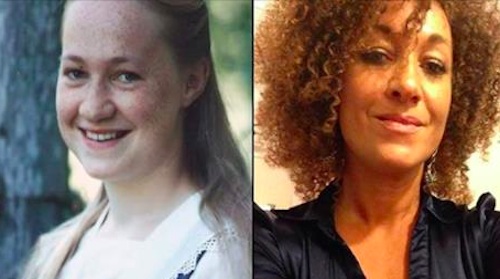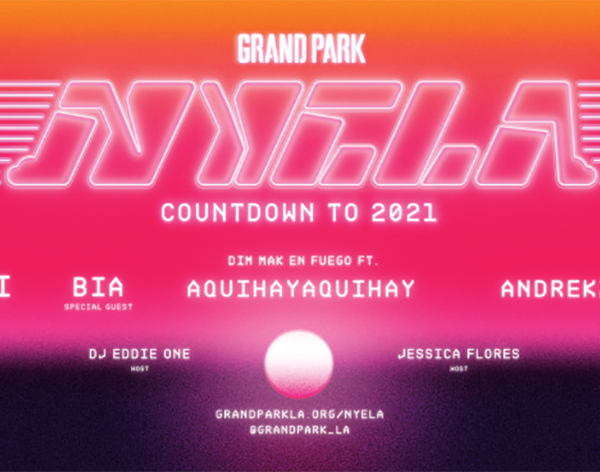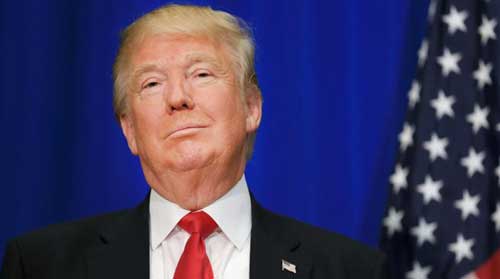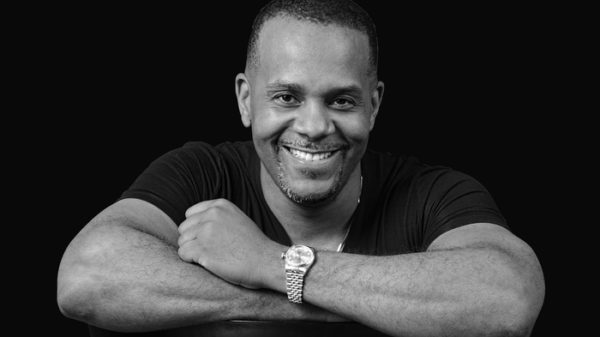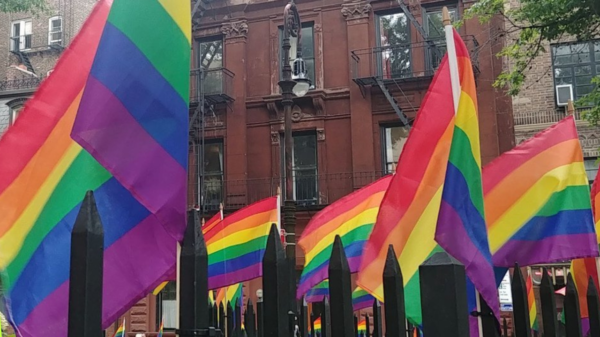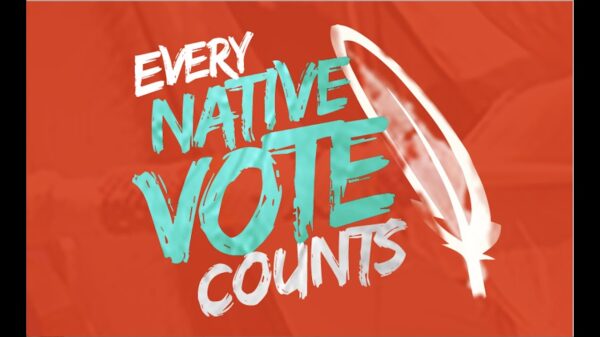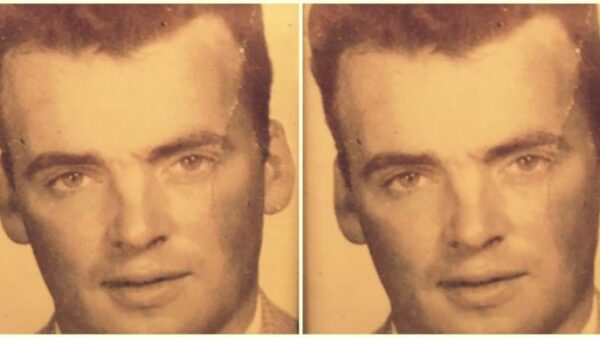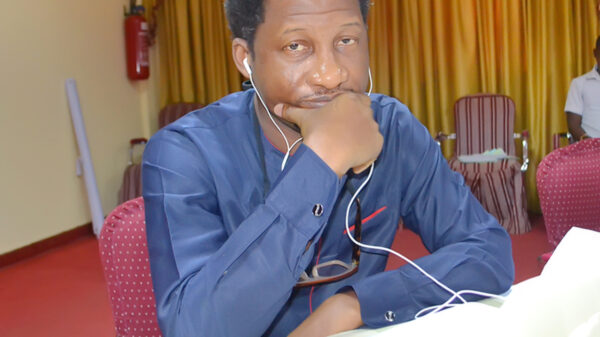Paul Mooney could have easily been talking about Natives.
Ok, so, this white woman named Rachel Dolezal did a reverse Michael Jackson and became a black woman named Rachel Dolezal.
Thing was, she wasn’t cool with just being some newly black woman named Rachel Dolezal. She wanted to be the blackest of the black women—became president of the NAACP, told folks that she had black children, became an activist for black folks, wore her “natural” in kinky curls, and made many, many allegations that she was the victim of hate crimes because she was black. She was consistent at least—when she said that she was Native American, she said that she was also the Nativest of the Natives. She was born in a tipi and hunted with bows and arrows.
In both events, she committed completely to her character change.
Thing was, her black child wasn’t her child—that was her adopted brother. Her “natural” hair was not kinky curls—it was straight blonde. She was never, in fact, the victim of hate crimes—she made them up.
Black folks, welcome to the bizarre world that is being Native in 2015. Folks (primarily white folks) completely commit to becoming Native and swear up and down, on a million braids of sweetgrass, that they are indeed Native. Now granted, we are responsible for SOME of this—it seems that some goofy Natives believed the lie (called a “legal fiction”) created by the Supreme Court, that “Native” is not an ethnicity, that it’s only a “political status.”
That’s right—somehow, some Natives believe that since a bunch of old white dudes and one black dude on the Supreme Court said that being “Native” isn’t a race, it must be true (Morton v. Mancari).
Excuse me while I LOL.
But I digress.
Point is, Sister Dolezal is a situation that happens entirely too often within Native communities. And honestly, that’s really no big deal—people are allowed to believe they are whoever they want to be. I used to think that I was Superman, and as a result broke my arm jumping off a two-story building.
But it brings up interesting questions about identity, influence, inspiration, and straight up theft. These are identity questions that the Native community has entertained for some time. In this post-Bruce Jenner world, where everyone seems to be comfortable looking at identity as fluid and determined by what a person feels, those questions seem to be popping up elsewhere as well.
For some reason, there’s a small subset of Natives who are infatuated with this notion that people are stealing from Native culture every time we see a pseudo-Native design or image within the mainstream. Largely, those things are simply influenced or inspired by Native imagery—why not? It’s beautiful imagery. Those things are not Native identity—they’re tokens or symbols of Native identity. As John Mohawk said, “Culture is a learned means of survival in an environment.” Those things are merely tools of that means of survival.
Similarly, black folks are the most influential pop culture force in the world right now.
Look, everyone listens to some variation of hip-hop, rock and roll or jazz—those are all black music forms, created by black folks for black audiences. Eventually, other groups began to listen to those forms and enjoy them because they’re awesome. In fact, now there are Native rappers, rockers, jazz musicians just like there are white rappers, rockers and jazz musicians and really every color under the radar. In more recent times, we see variations of the black movement, #BlackLivesMatter and it has resulted in other ethnic groups taking that same form and saw the beauty/utility in and have used it. For example, within some Native communities we now see some folks positing #NativeLivesMatter as a movement.
That’s simply influence and inspiration. That’s positive. #NativeLivesMatter isn’t trying to steal from black culture and Frank Waln isn’t stealing from black culture with his powerful hip-hop songs. They know where those movements came from and acknowledge their black roots. If anything, it’s an homage.
But back to Rachel Dolezal. I really don’t have a problem when people pretend to be a different race—it likely speaks to a spiritual void within their lives, where they feel completely and fundamentally dissatisfied with who they are. And that’s sad. But whatever—I really have no problem if some searching white woman or dude wants to dance at a pow-wow (it is oftentimes hilarious though) or raps badly, like the kid from Beverly Hills 90210. BUT…It’s different when a person tries to steal the racial identity of a particular race for financial/professional/some other reward. Just like Ward Churchill took opportunity away from real ethnic and political Natives by saying that he was Native on job applications. Rachel Dolezal took real opportunity away from real black folks when she said that she was black (and Native American) in her application to be Chair of the city of Spokane’s Office of Police Ombudsman Commission and also when she applied to be part-time professor at Eastern Washington University.
That’s stealing. That’s not influence. That’s not inspiration.
It happens oftentimes with Natives in higher education. “Box checkers.” People say they’re Native to make their competition pool smaller and really have no connection to Native people. We’re not simply a “political group,” like the Supreme Court thinks. There’s an actual ethnic component—we’re both, a political group AND a race.
NOTE TO ALLIES: YOU DO NOT HAVE TO BE LIKE US—LOOK LIKE US, SPEAK LIKE US, WEAR TURQUOISE, WEAR DREADLOCKS, DYE YOUR HAIR JET BLACK, PRETEND THAT YOU’RE FROM PINE RIDGE, KEEP YOUR NAVAJO LAST NAME—IN ORDER TO BE OUR ALLIES!!
We love you, but we need your work, not your looks.
Black folks, welcome to the bizarro world that Native people experience in 2015—where everybody wants to be you (and actually tries!!), but nobody wants to be you.

